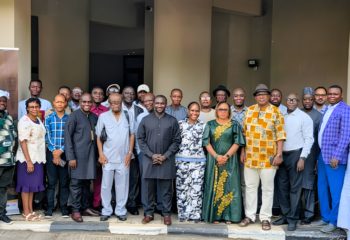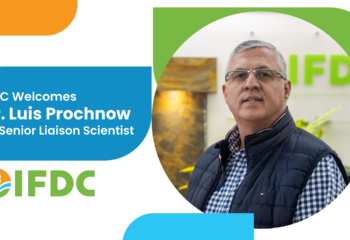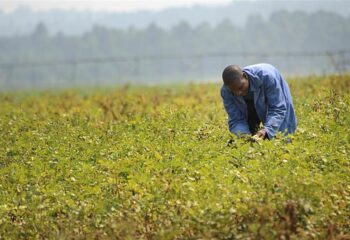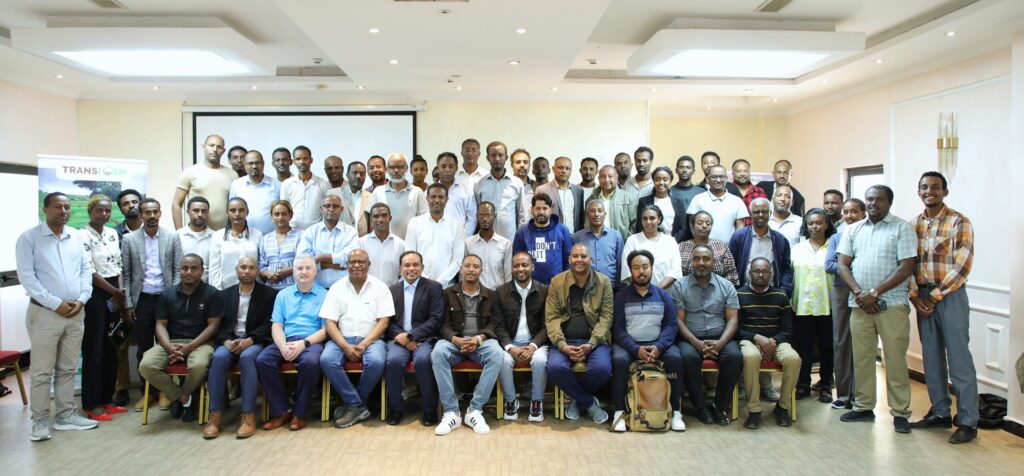
The Transform Soil Fertility Management in Ethiopia (TRANSFORM) project, implemented by IFDC in Ethiopia, recently held an advanced capacity-building training program on the development of organo-mineral fertilizer formulations with generous support from the Embassy of the Kingdom of the Netherlands and the European Union.
The program, which took place in Adama, Ethiopia, October 13-16, aligned with the global observance of World Fertilizer Day on October 13.
TRANSFORM convened this program in collaboration with IFDC’s Alabama-based U.S. research team, including Dr. Kiran Pavuluri, Director of Innovations and Research; Dr. Syam Dodla, Senior Scientist; and Adam Crosswhite, Director of Engineering and Pilot Plant.
The program aimed to strengthen Ethiopia’s national capacity for producing nutrient-dense, cost-effective, and environmentally sustainable fertilizers that enhance soil fertility, crop productivity, and climate resilience.
These session leaders shared international experiences and research insights on organo-mineral fertilizer formulation and agronomic efficiency, with the main goal of improving the availability, accessibility, and adoption of specific fertilizers across Ethiopia.
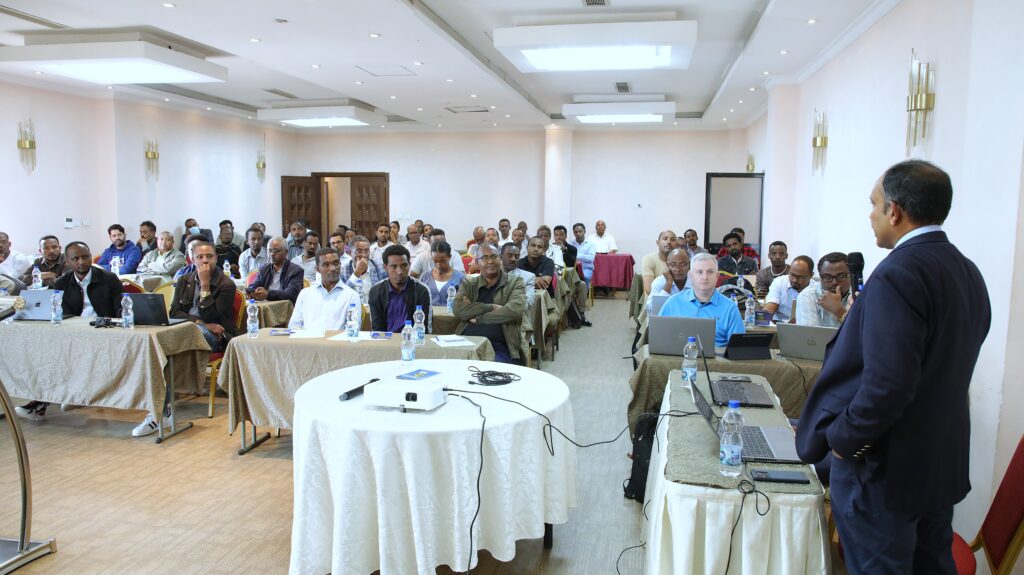
National soil scientists, agronomists, and researchers from universities and agricultural research institutions across Ethiopia came together for this intensive four-day training program designed to expand their theoretical knowledge and practical expertise in several areas.
The program aimed to strengthen Ethiopia’s national capacity for producing nutrient-dense, cost-effective, and environmentally sustainable fertilizers that enhance soil fertility, crop productivity, and climate resilience.
Training leaders equipped Ethiopian researchers and practitioners with advanced knowledge in organo-mineral fertilizer formulation science, directly contributing to evidence-based agronomic interventions and the promotion of climate-smart agricultural systems.
In his opening remarks, TRANSFORM Project Director Dr. Tolessa Debele emphasized the crucial need to advance soil fertility management through the scientific integration of organic and inorganic nutrient sources to foster both efficacy and sustainability.
He remarked that the production and use of organo-mineral and nutrient-enriched organic fertilizers support the replenishment of soil organic carbon, optimization of nutrient cycling, and restoration of soil fertility, thereby ensuring the long-term resilience and sustainability in Ethiopian agricultural systems.
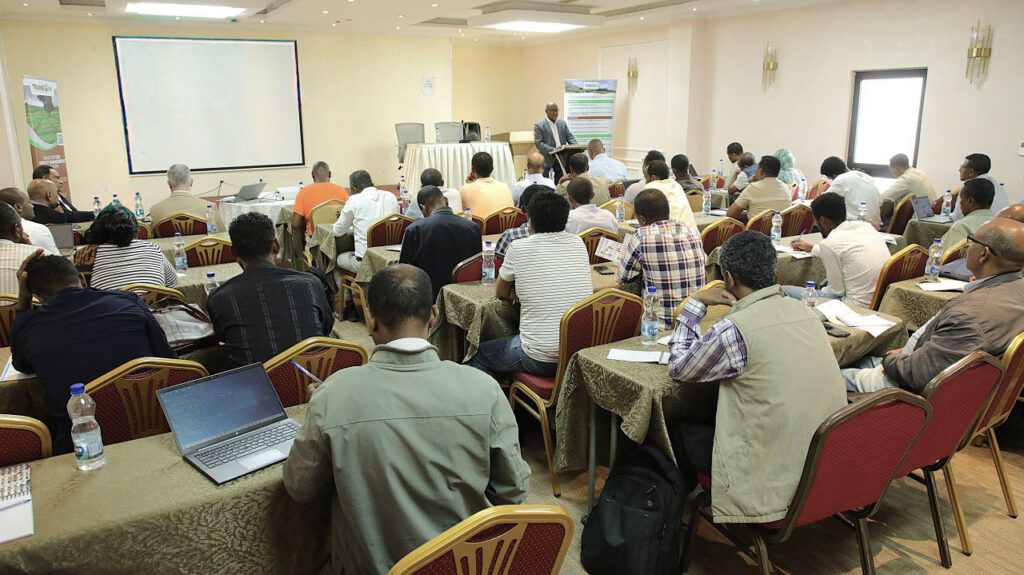
Participants engaged in formulation science, nutrient enrichment mechanisms, and processing parameters that determine the physicochemical stability and agronomic performance of organo-mineral fertilizers.
Building local technical capacity in fertilizer innovation in this way helped bridge the gap between research advancements and practical application, empowering the agriculture sector to develop nutrient-efficient, environmentally sustainable, and economically viable fertilizers in Ethiopia.
The TRANSFORM project (2025-2028) is funded by the Embassy of the Kingdom of the Netherlands and the European Union and is implemented by a consortium comprising the International Fertilizer Development Center (IFDC), Wageningen University & Research/Wageningen Environmental Research, ISRIC – World Soil Information, Environment and Coffee Forest Forum (ECFF), and SOS Sahel Ethiopia.

